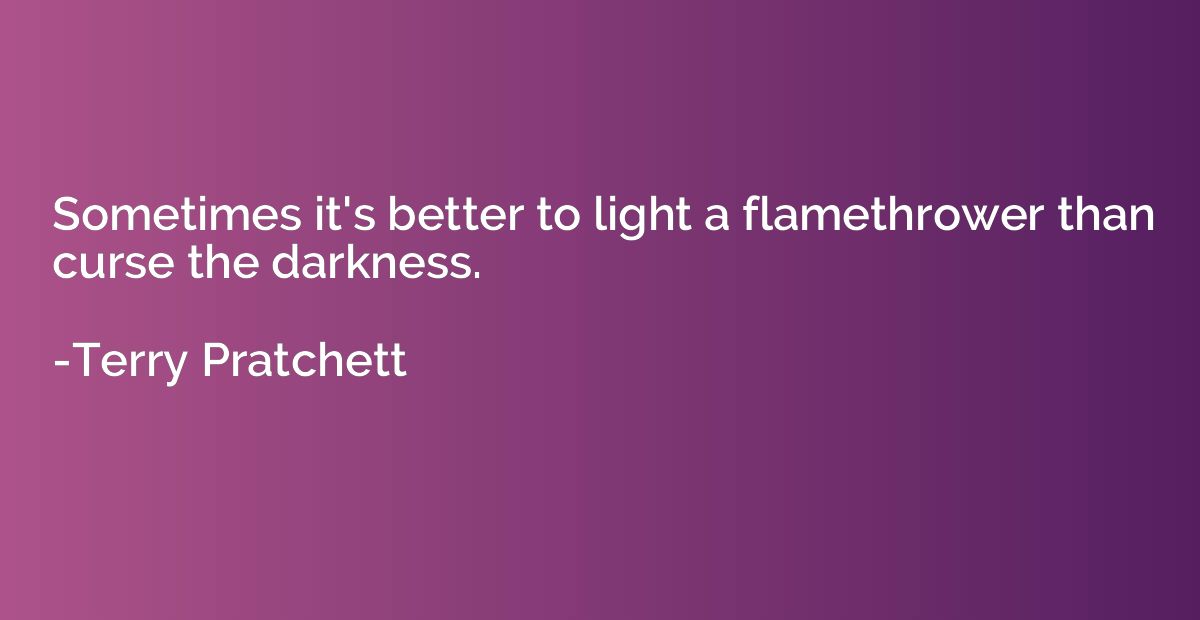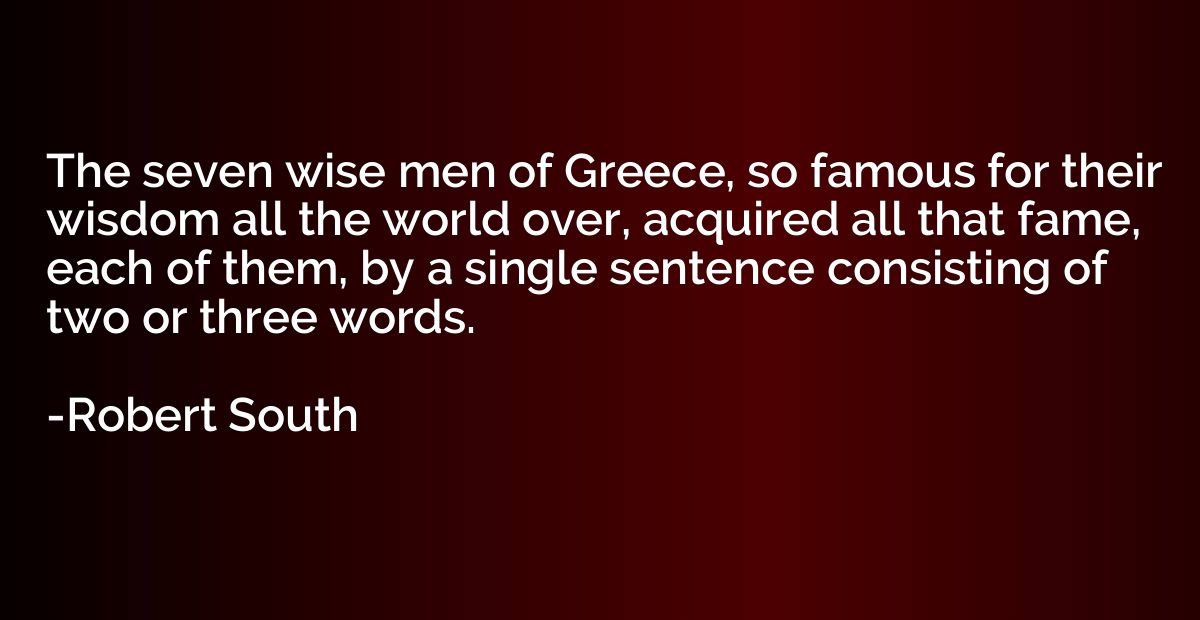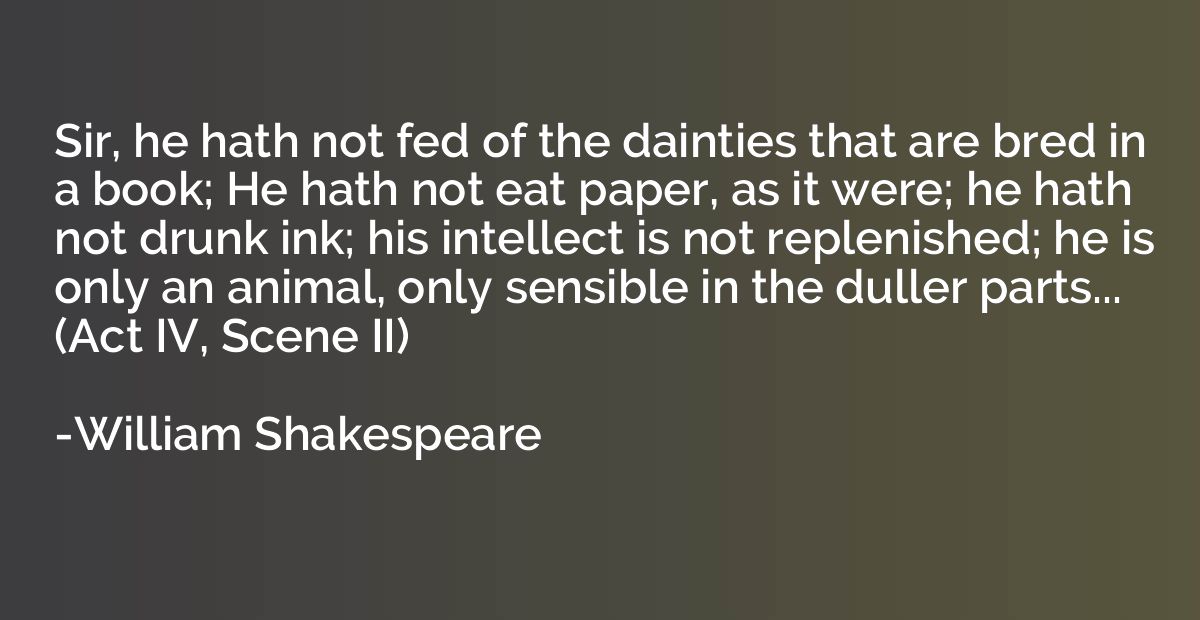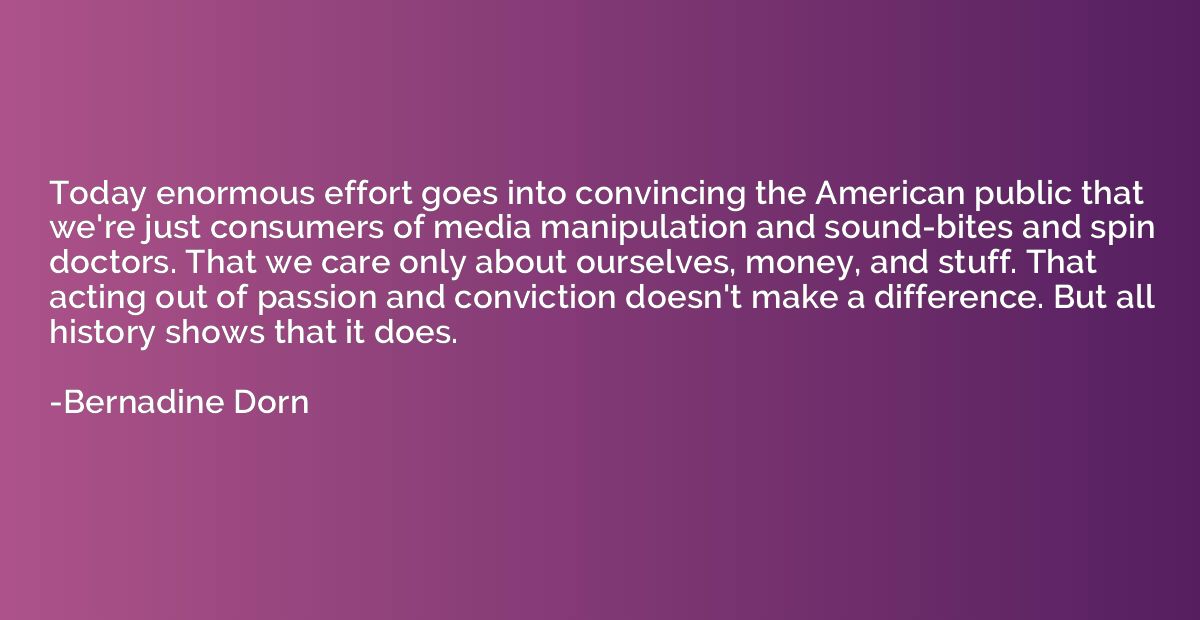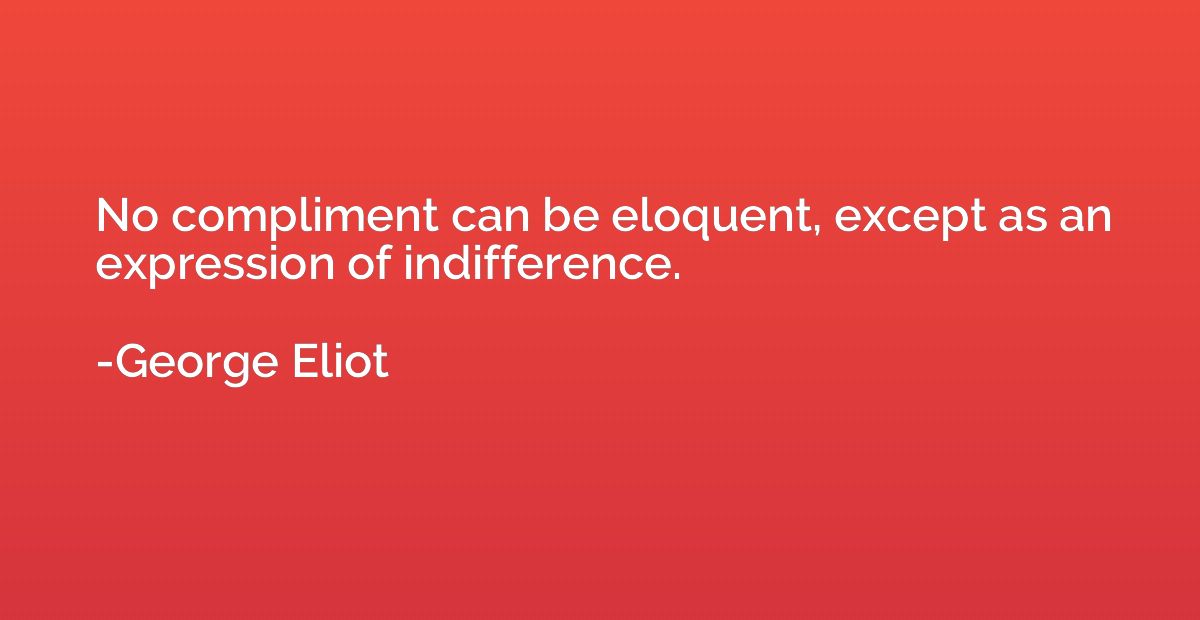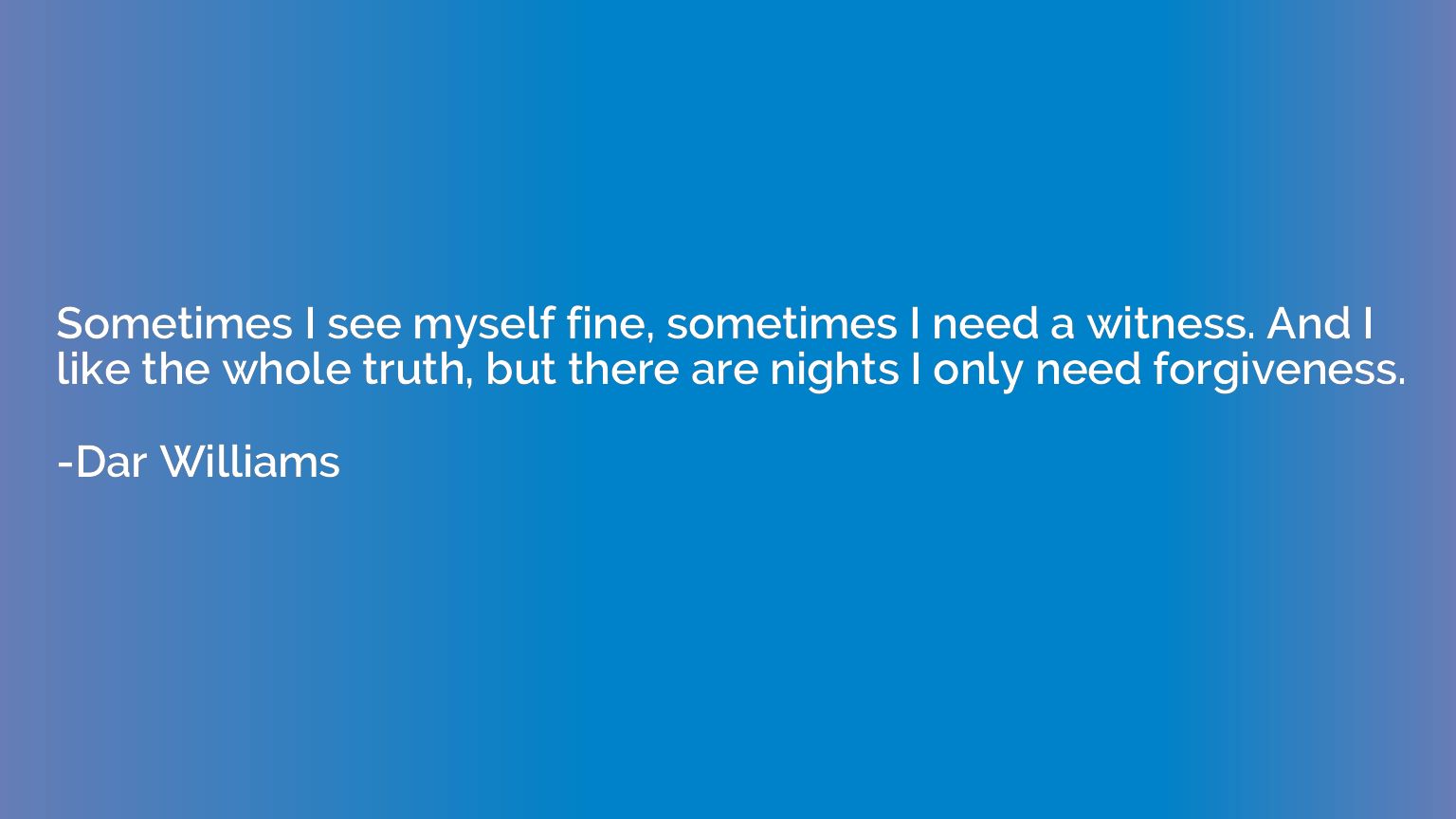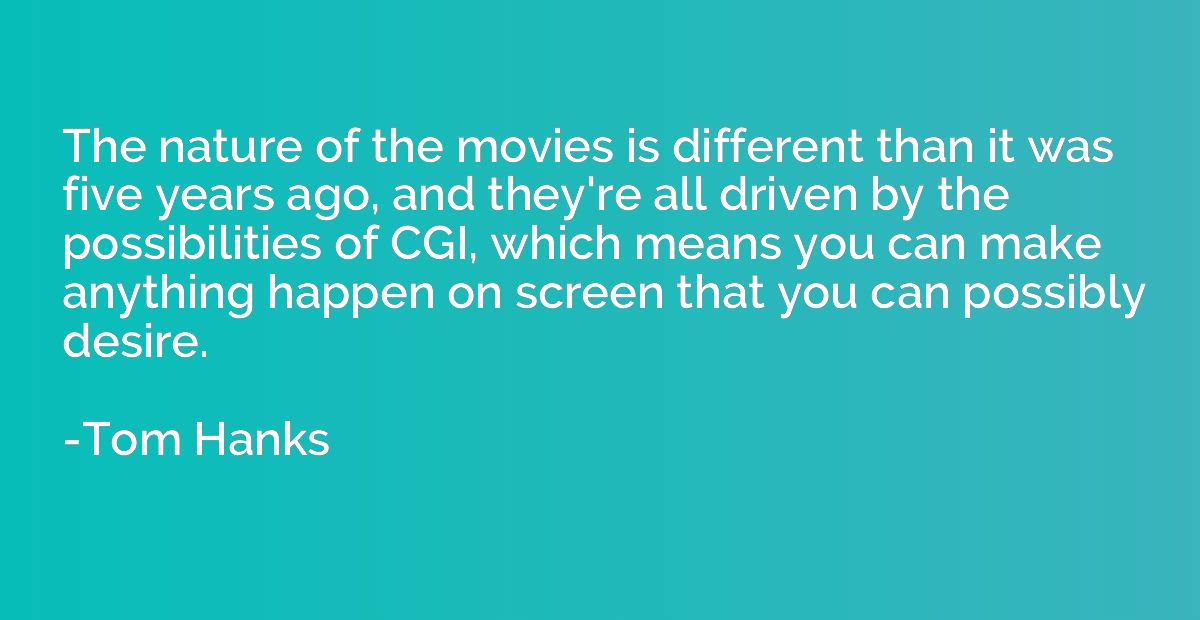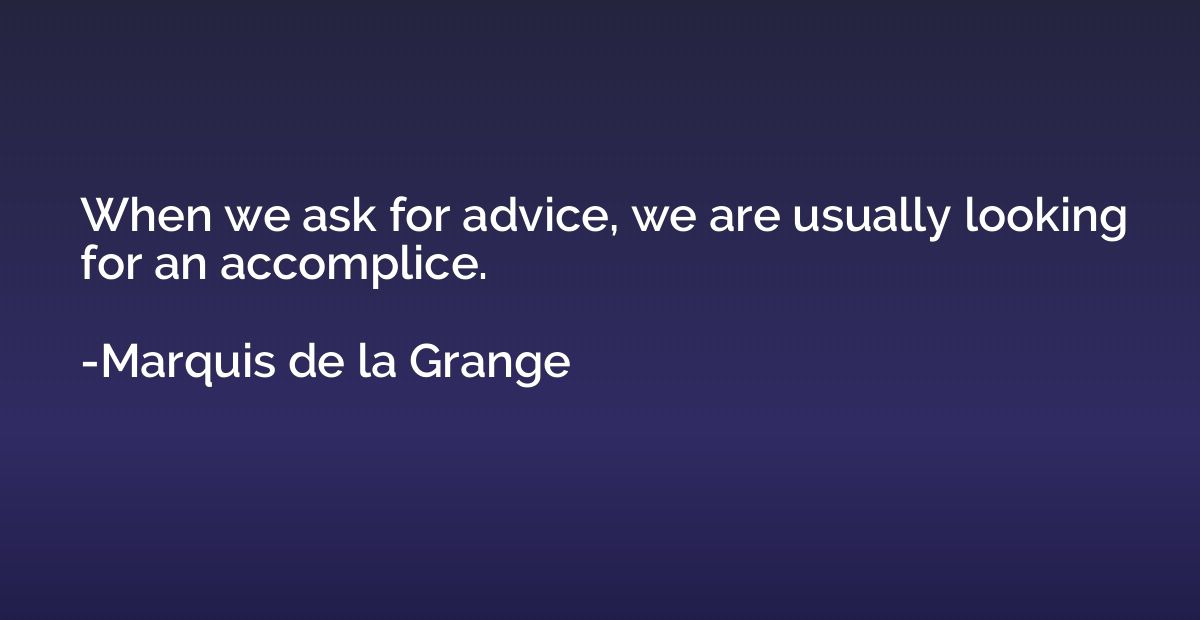Quote by Sir Alfred Jules Ayer
While moral rules may be propounded by authority the fact that these were so propounded would not validate them.
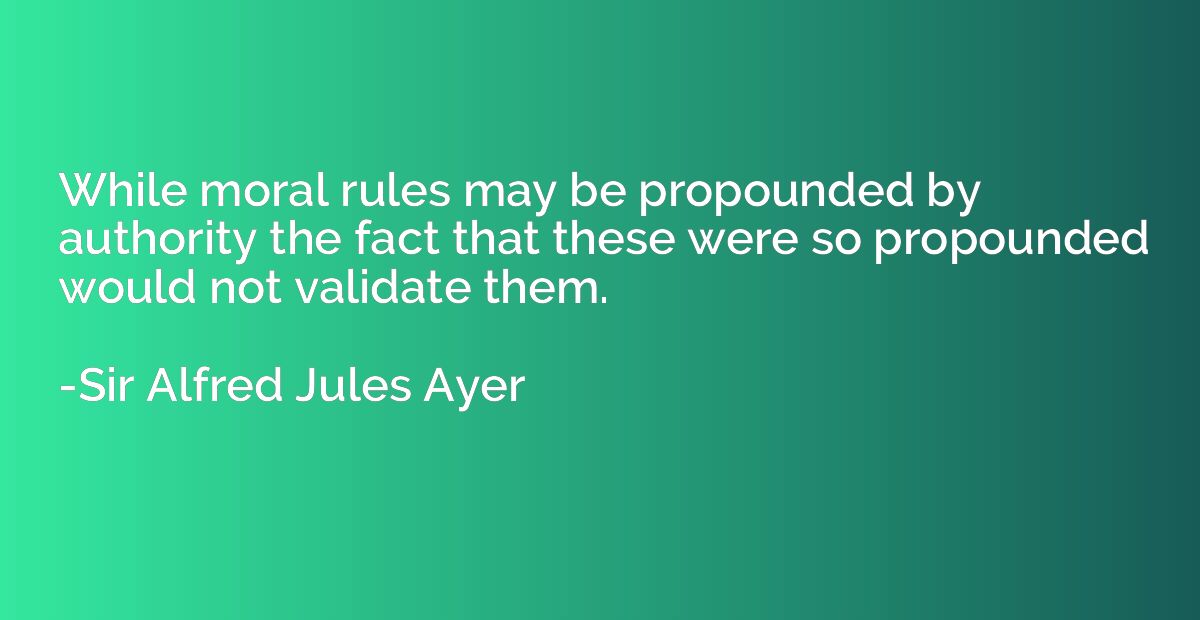
Summary
This quote reveals that moral rules are often imposed by authorities or powerful entities. However, the mere act of these rules being presented or enforced by those in authority does not inherently make them valid or morally justifiable. It emphasizes the importance of critically examining and questioning the origin, purpose, and fairness of moral codes, rather than blindly accepting them due to their association with authority. The quote highlights the need for individuals to apply their own logical and ethical reasoning in evaluating the legitimacy of such rules.



